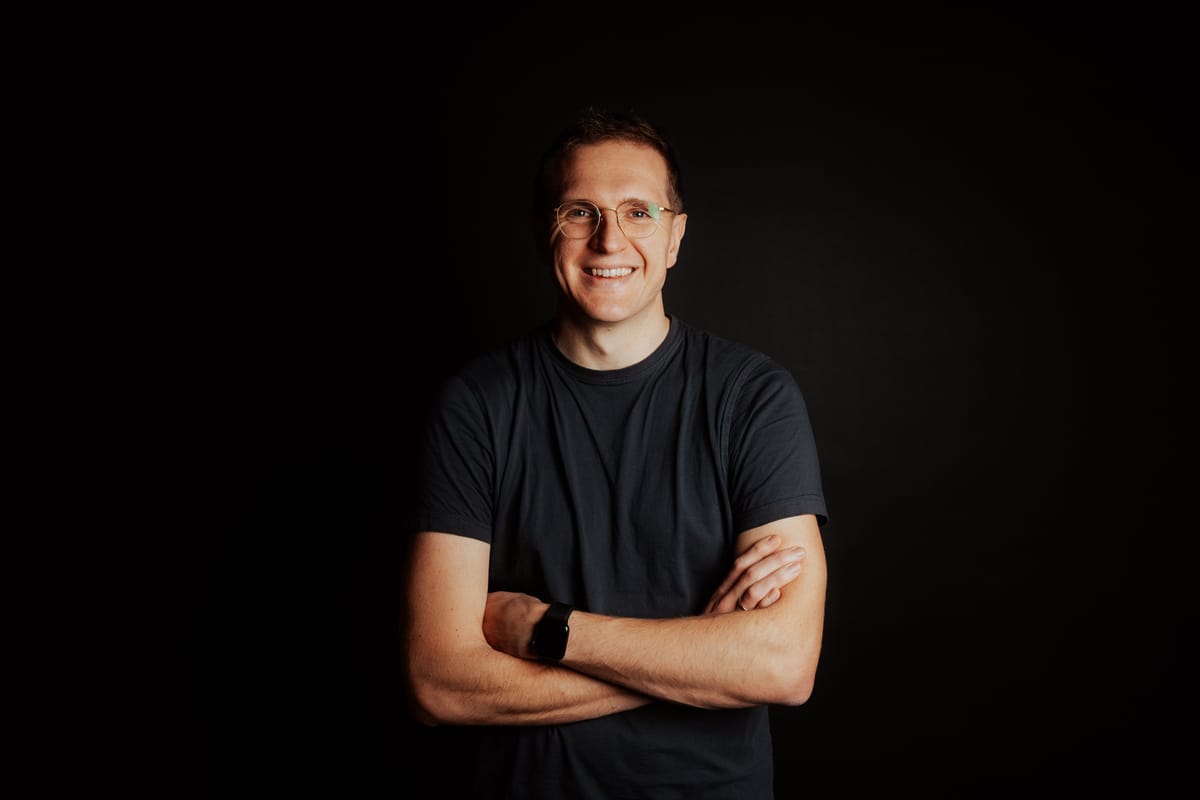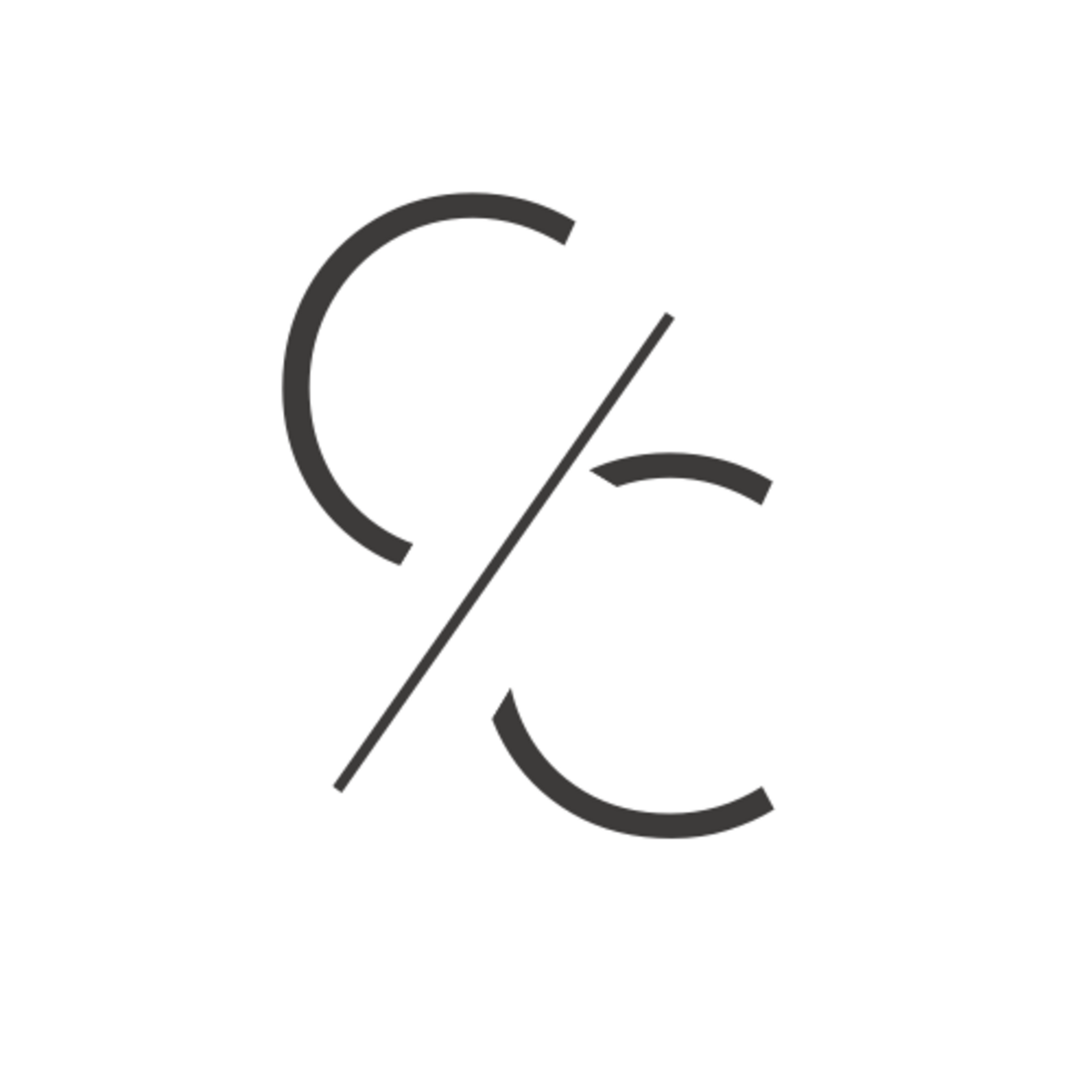I started writing to take you with me on my founder coaching journey.
Alongside my coaching work, I co-founded JRNY - the personal change company. Julian Riedelsheimer and I launched JRNY to democratize coaching and help millions of people to lead their version of a meaningful, fulfilling lives.

The JRNY logo
The discovery process of the last twelve months has led us into dead ends and (thankfully) a few insights. In the next two or three posts, I want to report about the struggles and insights we found while building JRNY.
Our First “Oh, Shit” Moment
On our mission of helping our generation navigate life, we stated: We need direction, and - if you want to get anything done - we need goals! Whether we’re searching for riches, skills, health or happiness, establishing a viable goal sets us on the right path, illuminating the way forward. Goals can be our lighthouse in the distance.
Enter my good friend Tim. He knows a thing or two about reaching goals, having built an international business and having been a top athlete in his former life. Tim said “Julius, I think goal-setting does not make sense. Habits really create the change we need! Just look at the science!”
I take these friendly hints seriously, so I dug into the science of goal-setting and habits and realized: We’ve been happily ignoring the last thirty years of research… Habits matter. Duh. In fact, they greatly matter! As strange as it sounds, almost half your day is taken up by unconscious actions. Research from Duke University has revealed 40% of our time is spent on behaviours driven by habit.
I guess every founder goes through these “oh, shit” moments when you unlock another level of insight. This was one of ours: We had been building goal setting software while everyone else - including scientists - was praising the power of habits. So, now, we had to reconcile our thesis around goal-setting with the emerging science of habit-formation. It brought a whole new set of questions to light that we had not considered.
So, What’s The Difference Between Goals And Habits?
Let's talk about sports. You’re a novice runner who wants to compete in your first 10-kilometer race in a few months’ time. You want to set yourself a real challenge, so you’ve told yourself you’re going to run the 10k in under an hour. There, you've set yourself a goal.

Photo by Alessio Soggetti / Unsplash
You run every morning according to a strict schedule, gradually building up distance and speed. Race day arrives, and guess what? You finish the run in almost exactly 59 minutes. Congratulations - you earned it.
But over the next few weeks, you let it slip. You no longer have anything to aim for, and as a result you run less and less frequently. Within a couple of months, even making it to 10k is a brutal slog.
What happened? You failed to fully develop a habit, and without a goal to guide you beyond race day, you lost your way.
A good goal should be made up of a series of clear steps to be taken - like the recipe for baking a cake. Once you’ve accomplished each of the required steps, your goal is complete: you have the finished cake.
A habit, conversely, is a process you repeat unconsciously and regularly, often with no completion point. It’s one of many processes you carry out in your life.
If you are working on a distinct project with a clear end point, goals will do the trick. If you want to create lasting change, you won’t get around habit formation.
Despite their differences, goals and habits are both essential elements—the yin and yang—of success. Goals give you the direction you need to go; habits can provide the fortitude to you need to propel you forward. Habits help you buy into a desired identity now. Goals help you to align with your future identity. Both goals and habits help you re-engineer your desired identity.
“First we make our habits, then our habits make us.”
— Charles C. Nobel
Our Mental Capacity Is Limited
We had established that to create lasting change, you need habits. And, by definition, habits are unconscious. We found ourselves in another dead end: While we certainly wanted to promote sustained, positive change in the lives of our users, we knew it would involve making conscious choices.
Both modern-day gurus like Naval Ravikant or Tony Robbins as well as ancient Zen Buddhism teach us to be mindful, deliberative, and conscious in all we do. Yet, we cannot be mindful about everything: it would simply overwhelm our brains. When researchers looked into the science of self-control, they found that making repeated choices depleted the mental energy of their subjects.
So, what's the alternative if goals don't create lasting change, yet habits are too unconscious? How could we then speak about making conscious choices about our time?

Photo by Fakurian Design / Unsplash
The Dawn Of Rituals
For a long time, Julian and I had been talking about “the practice” of planning and how it had changed our lives. But it never quite landed alongside the concepts of goals and habits. It had a notion of reverie, almost a spiritual touch. Then, I read in the excellent book “The Power Of Ritual” by Casper Ter Kuile from Harvard Divinity School:
"We just need to be clear about our intention (what are we inviting into this moment?), bring it our attention (coming back to being present in this moment), and make space for repetition (coming back to this practice time and again). In this way, rituals make the invisible connections that make life meaningful, visible."
Intention, attention, repetition... it suddenly all came together: We were neither about establishing goals nor habits. Both are ultimately focused on efficiency and productivity. With JRNY, we want to support our users to make it a "practice", to celebrate the process of creating and maintaining goals and habits. To create daily rituals that remind us of where we want to go and the means we use to get there.
Let me share an example on how this turned out for me: I used to plan my time using an endless Asana list, my email inbox and my calendar. My mornings consisted of snoozing dozens of tasks and emails I never got to and reacting to the most urgent requests. It hit a breaking point when I noticed I spent entire days reacting. One day, I turned the tables. I started my morning with a delicious espresso, a glass of sparkling water and a question: How can I make today meaningful?
Creating this ritual turned planning from a chore into a celebration of time and intention. Rather than dreading the morning flood of tasks, I now look forward to making space for what matters.
Conclusion: Insights for JRNY
What are we getting out of this? Here are a few of the key learnings for our further product design from this research:
While we’ve used the term goal-setting our intention is to help users form planning rituals. One of the best choices we can make is to regularly revisit the question of how we spend our time, attention, or resources in alignment of our values, identity, ambition and goals. And, in doing so consciously, we are make goal-setting a ritual.
We have now an increased sensitivity for how limited our mental capacity and willpower is. And, by that, we mean both ourselves as well as our users… Forgive us.
Goal-setting and habit-forming are merely methods we use to give our users direction and traction.
As a consumer subscription product, we place more focus on habit-forming product design. We consult Nir Eyal’s “Hooked” and Matt Wallaert’s “Start At The End” as guides.
James Clear’s “Atomic Habits” helped us recognize how important personal values and our sense of identity is to the process of goal-setting and habit formation.
Our vision for JRNY is to be the personal change company.
Currently, we are laser-focused on getting our core product loop right: helps people get into the habit of spending their time on what matters to them. Future versions of our product will assist users in creating a powerful set of goals based on their values that can inspire change in their lives. We are super excited about this work.
Sources
These are the sources I read and have quoted above. Dig in!
Books
Charles Duhigg: The Power of Habit
James Clear: Atomic Habits
Casper Ter Kuile: The Power Of Ritual
Matt Wallaert: Start at the End: How to Build Products That Create Change
Blogs
Stop Setting Goals and Start Building Habits on Mindmeister
Habits vs Goals on Farnam Street
Habits, Not Goals, Will Bring You Success on Next Big Idea Club
The Difference Between Habits And Goals on HowToHappy
Scientific Papers
Neal, David & Wood, Wendy & Quinn, Jeffrey. (2006). Habits—A Repeat Performance. Current Directions in Psychological Science - CURR DIRECTIONS PSYCHOL SCI. 15. 198-202. 10.1111/j.1467-8721.2006.00435.x.
Vohs, K. D., Baumeister, R. F., Schmeichel, B. J., Twenge, J. M., Nelson, N. M., & Tice, D. M. (2008). Making choices impairs subsequent self-control: A limited-resource account of decision making, self-regulation, and active initiative. Journal of Personality and Social Psychology, 94(5), 883–898. https://doi.org/10.1037/0022-3514.94.5.883

